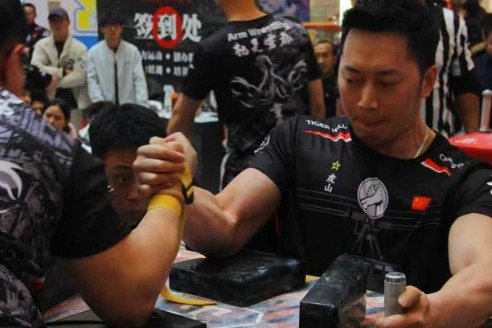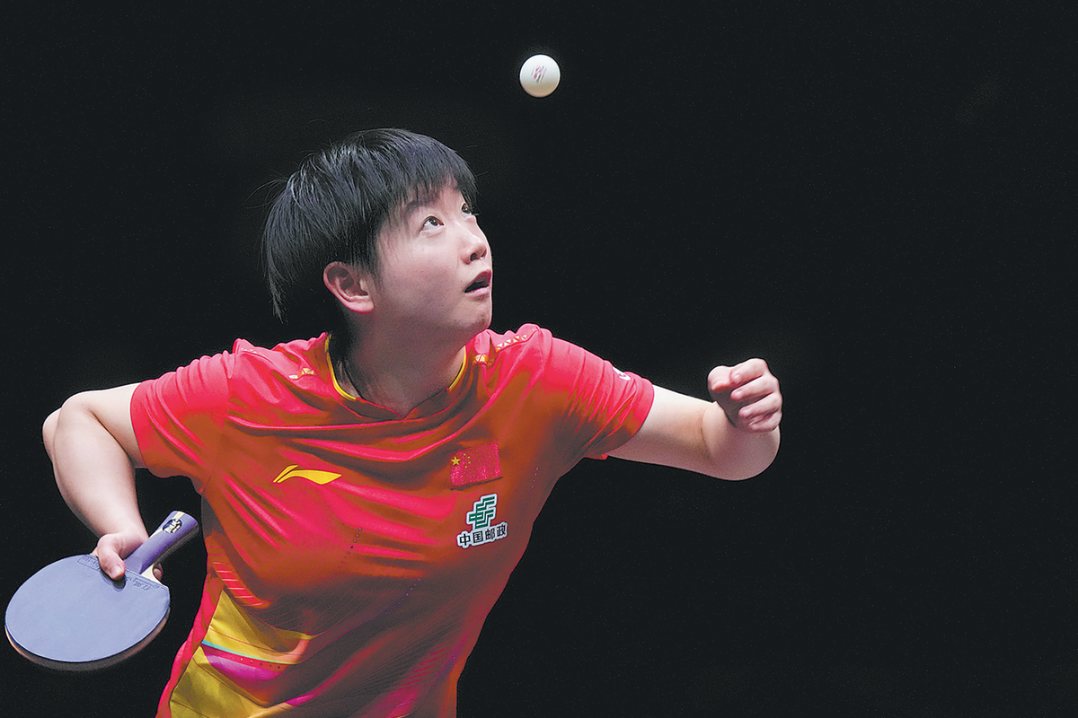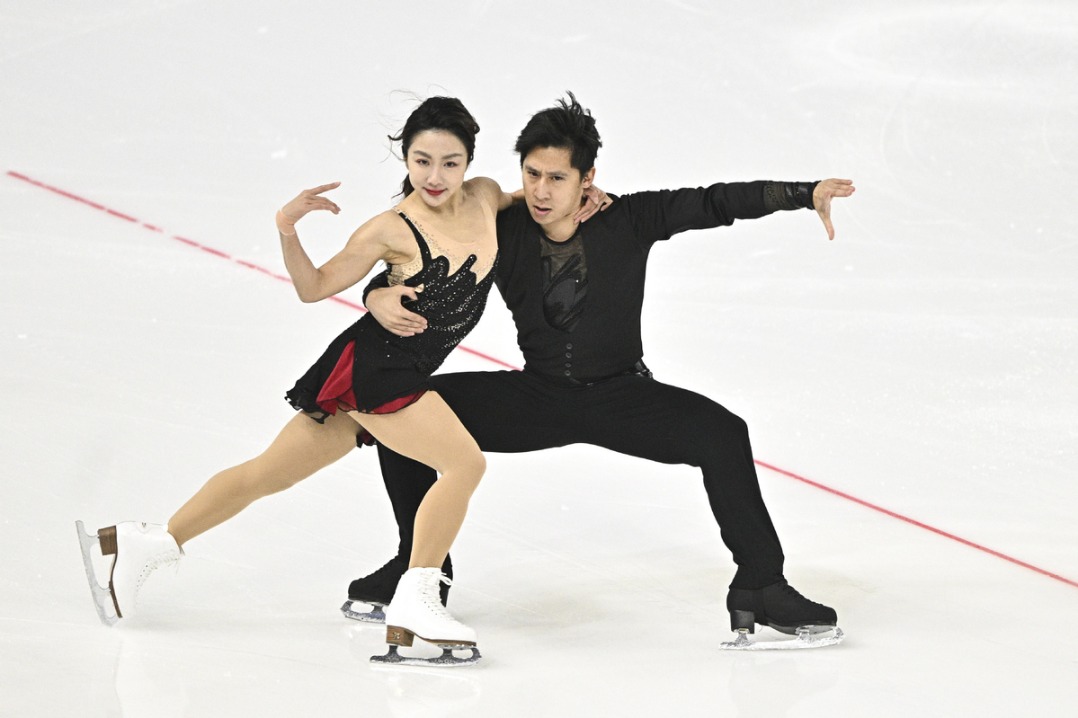Asian upstarts give Chinese fans hope


"There are six Asian teams at the World Cup now, and the Japanese team stands out the most to me. Many of the Japanese players are playing at top European clubs. They have developed in these highly competitive environments."
Thanks to solid youth training systems and healthy domestic leagues, Japan and South Korea now consistently produce players capable of shining in the top European leagues, such as Daichi Kamada, of Eintracht Frankfurt, and Son Heung-min, of Tottenham Hotspur. Among Japan's 26-man roster in Qatar, 20 play overseas.
With the return home this year of Wu Lei from La Liga club Espanyol, Team China no longer has any players in Europe's top leagues.
It is likely to take years for the nation's youth training system to produce more talents of Wu's caliber, while China's professional league system is in dire straits. With the end of the Chinese Super League's big-spending era and the pandemic taking a heavy financial toll, the profile of China's top flight has diminished greatly.
Experts and insiders are urging the Chinese soccer community not to lose faith in the work being done to strengthen the domestic game.
"Our youth training is on the right track, but more hard work is needed," Su Maozhen, a member of Team China's 2002 World Cup squad, told Chinanews.com.
"We need to select more talents who are not just good athletes but also have great soccer IQ and can read the game. We should not just focus on short-term results but on long-term benefits."





























